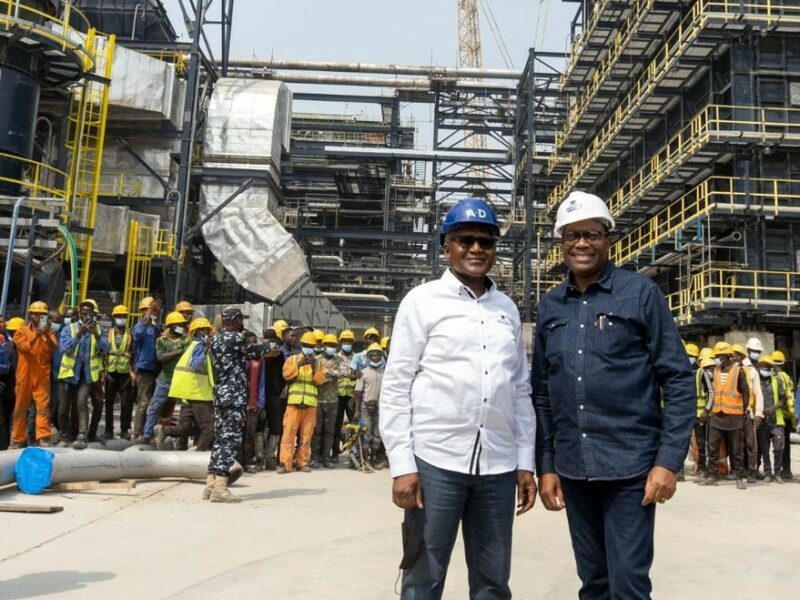Time to get real energy industry calls for governments to create interconnected policies
[DOHA] 3 December 2012 Senior energy industry executives have urged governments to establish coherent and joined-up policies to help achieve sustainable energy systems, says a report published today by the World Energy Council (WEC).
According to the WECs 2012 World Energy Trilemma report, Time to get real the case for sustainable energy policy, policymakers must develop a clear vision that encompasses a mix of different energy sources and technologies. They need to set a clear agenda in three key interconnected policy areas by:
- Designing coherent and long-term energy policies;
- Enabling market conditions that attract long-term investments; and
- Encouraging initiatives that foster research and development (R&D) in all areas of energy technology.
Industry leaders see these policies as crucial to providing secure, affordable and environmentally sensitive energy for the worlds 7 billon people.
Pierre Gadonneix, Chairman of the World Energy Council, says:
Our energy systems are not sustainable. All countries are experiencing growing difficulties in securing their energy supply as they engage in a cleaner growth pattern to deliver social equity, especially during difficult economic times. Our report makes clear recommendations to help policymakers engage in a much needed dialogue with business to deliver sustainable energy systems, which can support renewed governance on global issues such as climate, safety of energies and trade. We have the means at our disposal the time is now right for a sustainable energy master plan.
Joan MacNaughton, Executive Chair of the World Energy Trilemma report, says:
Our study finds that good policies share some common features. They must take a long-term and stable approach; be predictable and consistent in the regulatory process; have the ability to harness the power of the markets; and provide strong support for research and development. Crafting policies with these characteristics should help governments make progress toward a more sustainable energy system.
According to the study, governments must establish coherent and long-term policies which are driven by their intended goals rather than to promote specific types of energy or technology. Policies must be separate from short-term politics.
Energy policies must be connected both nationally and regionally. National energy policies must link up with national industrial, financial, environmental, transport, and agricultural goals. Governments must think regionally: sharing resources across borders enables countries to increase regional energy security; reduce power costs; and attract investments by creating greater market scale, optimising natural resources, and developing common infrastructure.
Policymakers must create attractive market conditions to stimulate long-term energy investments. To reduce risks and boost private sector investment, policymakers should support the development of investment mechanisms such as green banks, a green bond market, and publicprivate partnerships.
Industry is calling for policy frameworks underpinned by a stable and predictable carbon price to drive the transition to low-carbon energy systems. Further, the use of subsidies should be minimised to avoid market distortion; and where used, subsidies should focus on achieving specific outcomes, and should include an exit strategy where possible.
Mark Robson, Partner of Oliver Wyman and project partner of the study, says:
There is a huge shortfall of private investment into low-carbon and energy infrastructure projects. This shortfall can be filled, but right now it is a missed opportunity. As a case in point, less than 1% of pension funds worldwide is invested in energy projects. Our report makes it clear that industry looks to policymakers for the assurance that their investments wont become uneconomic due to policy changes. Therefore policymakers must create policies that remain stable over time and are joined up with other policies.
The report also suggests that to encourage innovation and R&D, policymakers must leave it to the market to decide the winning technologies. Intellectual property rights must be strongly enforced to incentivise the private sector to invest in cleaner and more energy-efficient technologies.
To boost investor confidence, governments should increase support for research, development, and demonstration (RD&D) of new technologies. They should establish a strong research-oriented environment that promotes national and international collaborative research and that funds large-scale demonstration projects to support companies efforts to bring technologies to market.
Johannes Teyssen, CEO of E.ON, says:
Our society needs cheap, affordable, clean, and future-oriented energy. Presently Im extremely worried that through a lack of good policies this might be compromised.
Mr Teyssen adds: The World Energy Councils World Energy Trilemma report shall be a great base for industry leaders and policy leaders to come to terms and see what we need to fix.
Joan MacNaughton says:
Our report shows how important it is to execute policy in a consistent manner. It is clear that governments will succeed in fitting the detail of their policymaking within the required strategic framework if they take advantage of the expertise and perspectives of all stakeholders. But ultimately it is the business community who best understands what works in practice and who will make the crucial investment decisions. We are now asking governments to study this report and engage with the business community in order to craft clear, transparent and coherent policies that will deliver their intended results.
World Energy Council
Stay with Sierra Express Media, for your trusted place in news!
© 2012, https:. All rights reserved.





